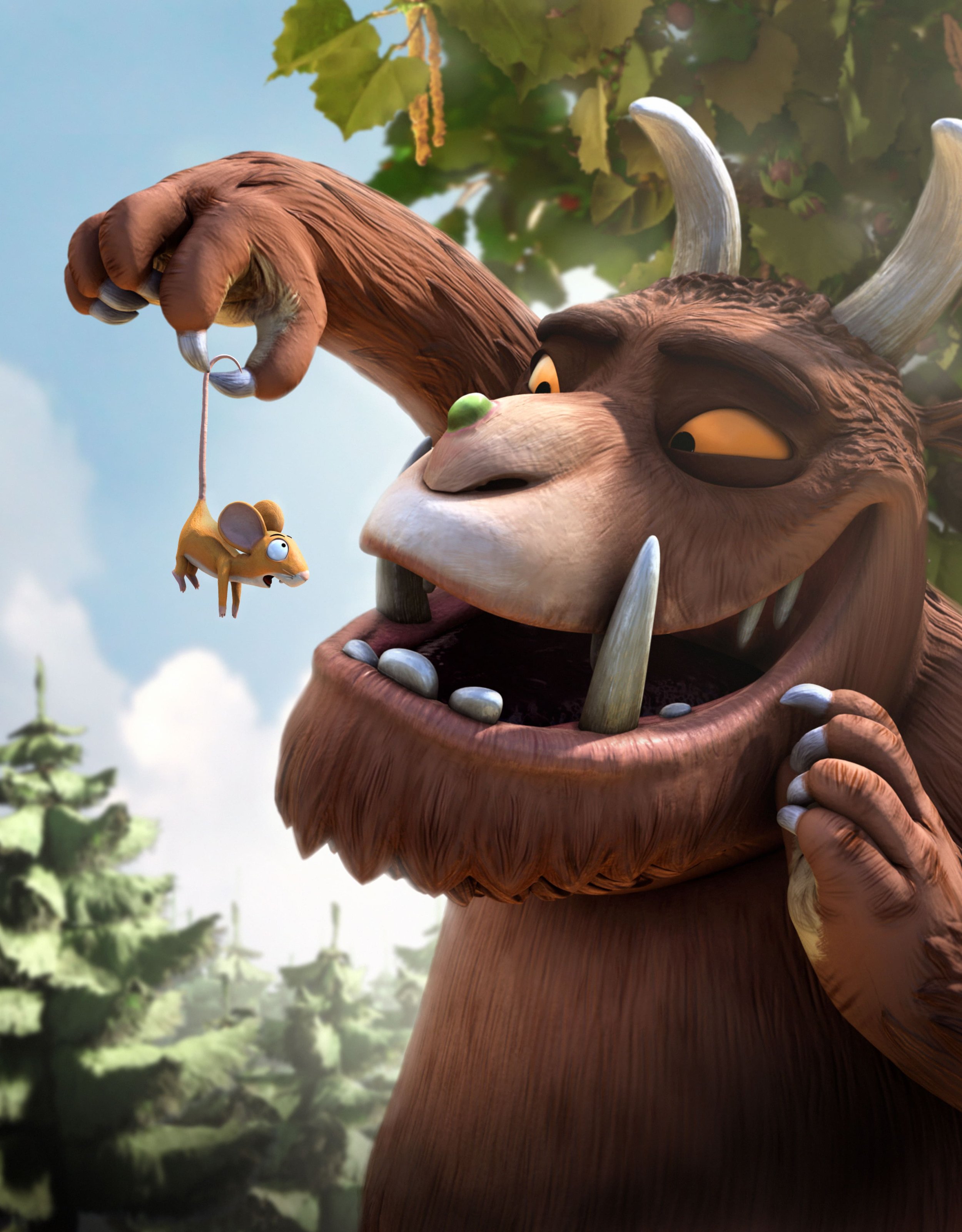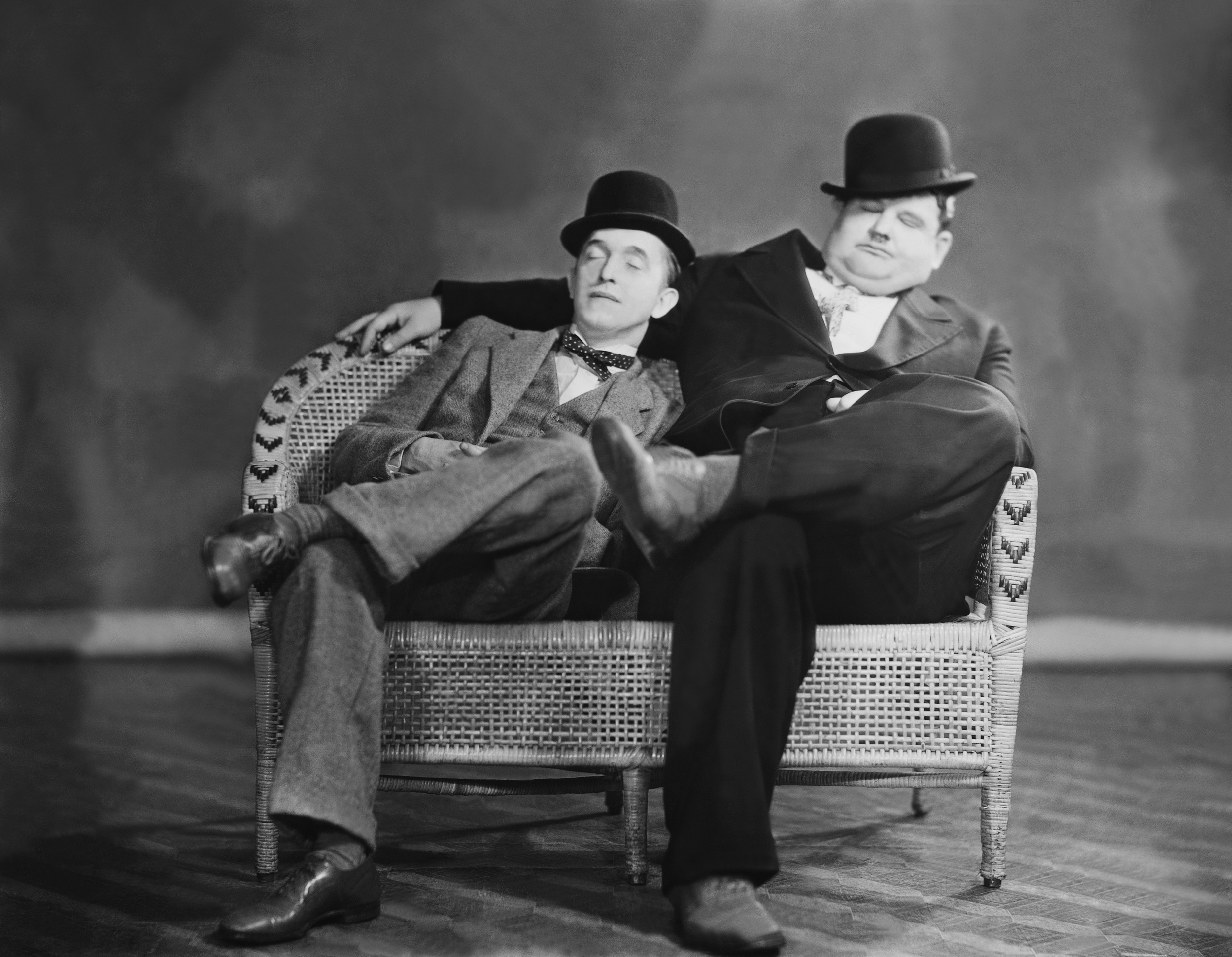Born Licensing launches ‘A Case for Characters’ US White Paper
60% of the US public say that James Bond would be more likely to capture their attention in an advertisement than his celebrity counterpart, Daniel Craig [1] - so why do fictional characters feature overwhelmingly less than celebrities in US advertising?
In a white paper supplement released on 9th July, Born Licensing, a global firm specialising in licensing entertainment IP for use in advertising campaigns, address the underutilisation of fictional characters in advertising and how powerful they can be for creating effective brand campaigns. After insightful research from Ipsos based on a UK audience, Born Licensing was overwhelmed with requests to run the same research in the US. The firm decided to conduct a similar study focusing on the US market to see if the results were similar.
A Case For Characters: How Fictional Characters Are Under-Utilized In Advertising
This white paper supplement, which is be available on request via email, will help advertising professionals, creatives and brands better understand the power of utilising fictional characters in advertising. The paper addresses why we don’t see many campaigns featuring fictional characters in advertising, despite 43% of the US public stating that they ‘most like’ to see fictional characters in advertising, compared to 23% favoring celebrities, 18% favoring musicians and 16% favoring sports stars [2].
The paper also highlights how using fictional characters, rather than celebrities, musicians and sports stars, in advertising is more likely to capture attention, make viewers remember the advert the next day, make people like a brand, and make the public want to tell friends and family or share on social media.
[1] Ipsos Survey February 2023 n=1005 adults aged 18+ in the US who selected either a celebrity or a famous character.
[2] Ipsos Survey February 2023 n=1005 adults aged 18+ in the US.
David Born (Founder & Director) and Amber Cheung (Senior Licensing Executive) from Born Licensing co-authored this white paper supplement and have worked on a range of high-profile advertising campaigns which utilised fictional characters, including Uber ‘Famous Rides’ Halloween campaign featuring Teenage Mutant Ninja Turtles’ Party Wagon, SpongeBob SquarePants’ Patty Wagon, and Scooby-Doo’s Mystery Machine, GEICO campaign featuring Angry birds, and Envestnet ad campaign featuring Mr. Krabs from SpongeBob SquarePants. They were also responsible for managing the licensing for UK retailer ASDA’s recent Christmas campaign starring Buddy the Elf from 2003 ‘Elf’, which was named the #1 most effective advertisement in the UK in 2022 by System1 Group.
Born Licensing conducted extensive research to create the white paper supplement, commissioning Ipsos to help understand the public’s perception of fictional characters in advertising. The original white paper covers three core areas:
● How fictional characters are under-utilised in advertising
● Why fictional characters are under-utilised in advertising
● What needs to change in order to see advertisers utilise fictional characters more.
Each area includes insight into a range of topics, including:
● How do fictional characters compare to celebrities, musicians, and sports stars?
● Do fictional characters perform better than celebrities portraying them?
● Demand vs. reality as it relates to fictional characters, celebrities, sports stars, and musicians being utilised in advertising
● How do fictional characters stack up against brand characters?
The results of the research conclusively demonstrate the public appetite for seeing fictional characters in advertising and begins to address the barriers preventing advertising professionals from producing work featuring fictional characters.
David Born, Director & Founder of Born Licensing, says:
“We’ve now conducted this research in the US, the UK and Australian markets and the results are clear. Fictional characters are what the public most like to see in advertising when compared to celebrities, sports stars and musicians. Yet, when compared they only appear in a small fraction of advertisements. The opportunity for advertisers to work with fictional characters is huge. The demand is simply not being met.”
Amber Cheung, Senior Licensing Executive at Born Licensing, says:
“This paper is the first of its kind and we hope it brings real change to how advertising agencies and brands approach working with fictional characters. The effectiveness of characters in advertising is undeniable and this paper is a crucial first step to encouraging brands, advertisers and creatives to fully harness their power.”
THE WHITE PAPER IS AVAILABLE ON REQUEST VIA EMAIL HERE
FEATURED NEWS >










